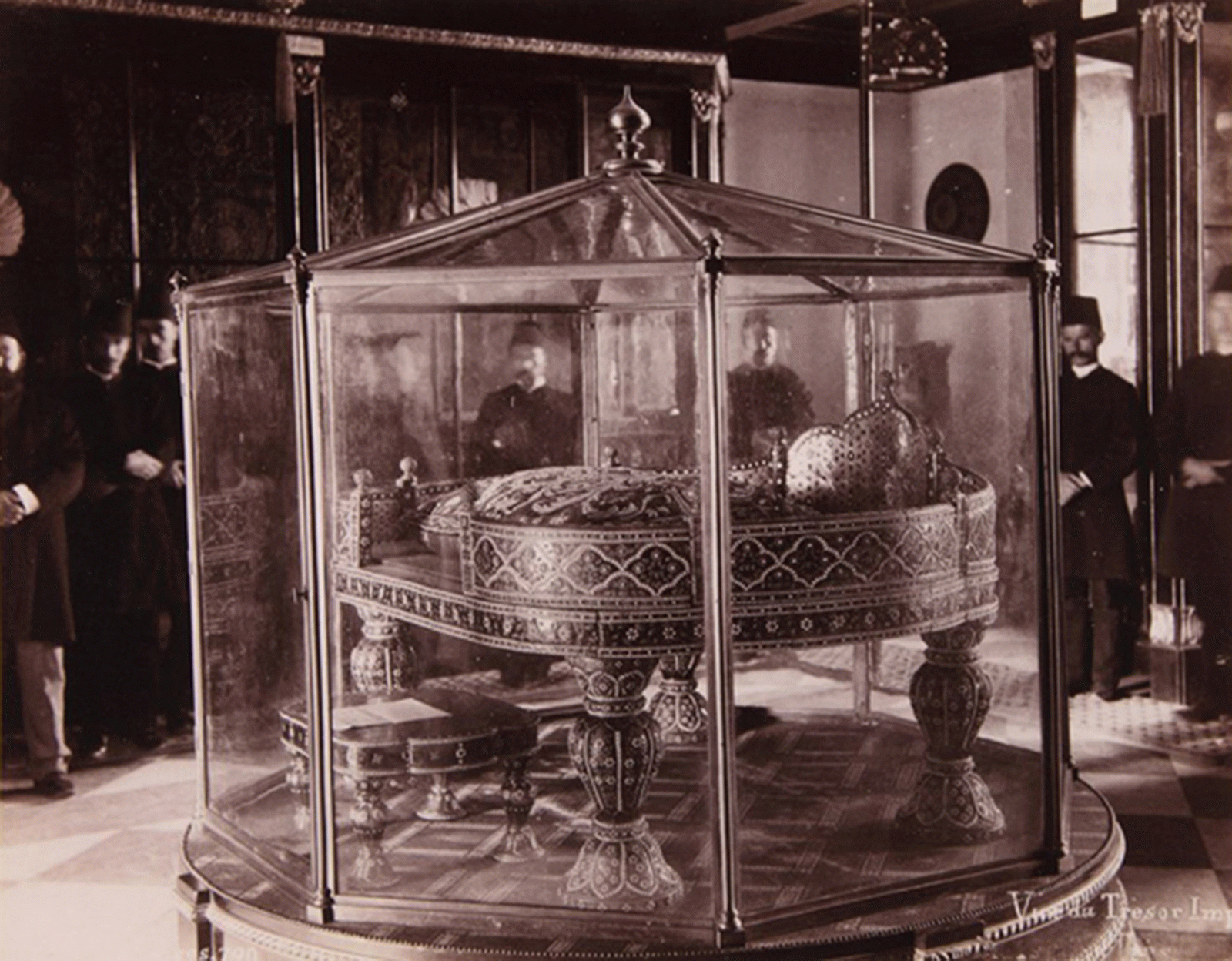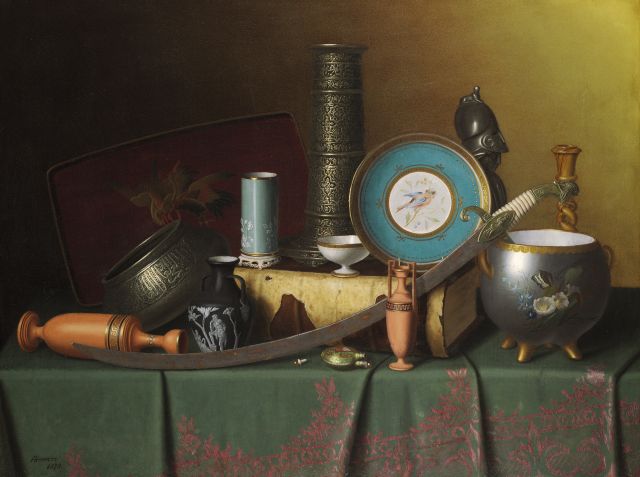Symposium
Collecting and Empires: The Impact of the Creation and Dissolution of Empires on Collections and Museums from Antiquity to the Present
organized by Maia Wellington Gahtan (Istituto Lorenzo de Medici) and Eva-Maria Troelenberg (Kunsthistorisches Institut in Florenz)

The creation and dissolution of empires has been a constant feature of human history from ancient times through the present day, especially if one passes from a historical to a theoretical definition of empire as an open expanding global frontier. Establishing new identities and new power relationships to coincide with changing political boundaries and cultural reaches, empires also destroyed and/or irrevocably altered social structures and the material culture on which those social structures were partly based. The political activities of empires—both formal and informal to use Doyle's definition—find their material reflection in the creation of new art forms and the reevaluation of old art forms which often involved the movement of objects from periphery to center (and vice versa) and promoted the formation of new collections. New mentalities and new social relationships were represented by those collections but they were (and are) also fostered through them.
In recent decades such issues surrounding objects and empire have become important components of our understanding of British colonialism, and to a lesser extent of anthropological approaches to colonial studies more broadly conceived. Concurrent with these developments, comparative studies of the political forms of empires have also appeared, though the baseline for such comparisons is invariably the Roman Empire, from whose imperium we derive our word, but which is ill-suited to describe post-WWII hegemonies or even Asian historical examples. This conference seeks to cast a wider net temporally, spatially and conceptually by exploring the impact of the expansion and contraction of empires on collecting, collections, and collateral phenomena such as cultural exchange in a selection of the greatest empires the world has known from Han China to Hellenistic Greece to Aztec Mexico to the Third Reich without privileging particular political models and always with an eye to how these historical situations invite comparisons not only with each other but also with contemporary imperial tendencies.
While some scholars would argue that the term empire no longer applies to today's global and transnational environment, others have redefined ‘empire' in terms of contemporary capitalism and a developing post-modern global order. Exclusively based on political and economic concerns (including identity politics) and for the most part distressingly Eurocentric, these analyses of empire or its evolution into something else yet to be defined, also neglect the impact of material culture, even though material culture studies have made great strides in recent decades by addressing issues of the migration of objects and people for both political and non-political reasons. Therefore by investigating empires and imperialism in a comparative manner through the lens of collecting practices, museum archetypes and museums proper, it is hoped that this conference workshop will help shape our understanding of what is indeed imperial about our own approach to material culture.
Downloads
05. – 06. November 2015, 08:30 Uhr
LdM Church Auditorium
(San Jacopo in Campo Corbolini)
Via Faenza 43
50123 Firenze
07. November 2015, 09:00 Uhr
Kunsthistorisches Institut in Florenz
Max-Planck-Institut
Palazzo Grifoni Budini Gattai
Via dei Servi 51
50122 Firenze
Hinweis
Diese Veranstaltung wird durch Fotografien und/oder Videoaufnahmen dokumentiert. Falls es nicht Ihre Zustimmung findet, dass das Kunsthistorische Institut in Florenz Aufnahmen, auf denen Sie erkennbar abgebildet sein könnten, für die Veranstaltungsdokumentation und Öffentlichkeitsarbeit (z.B. Social Media) verwendet, bitten wir um eine entsprechende Rückmeldung.



